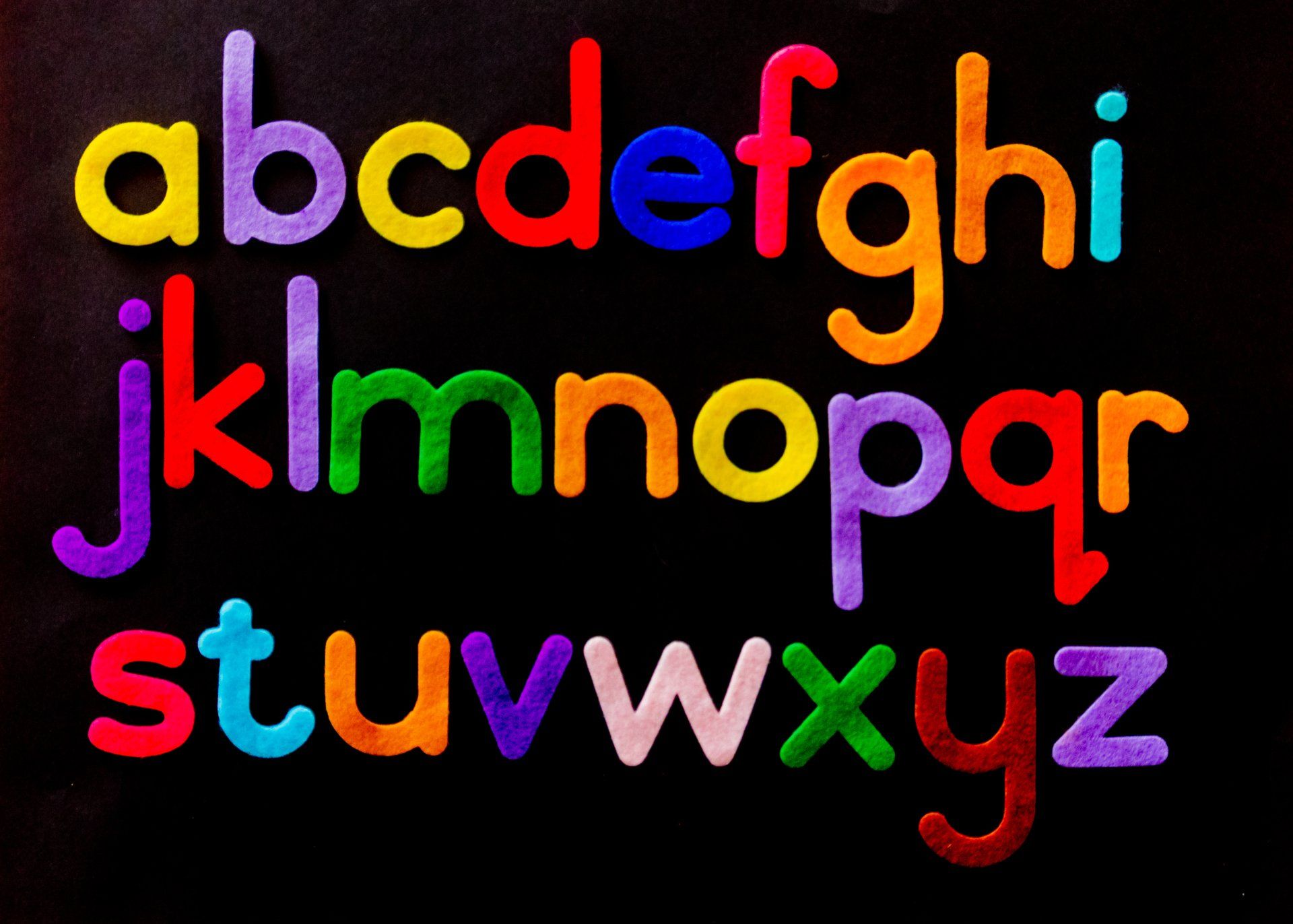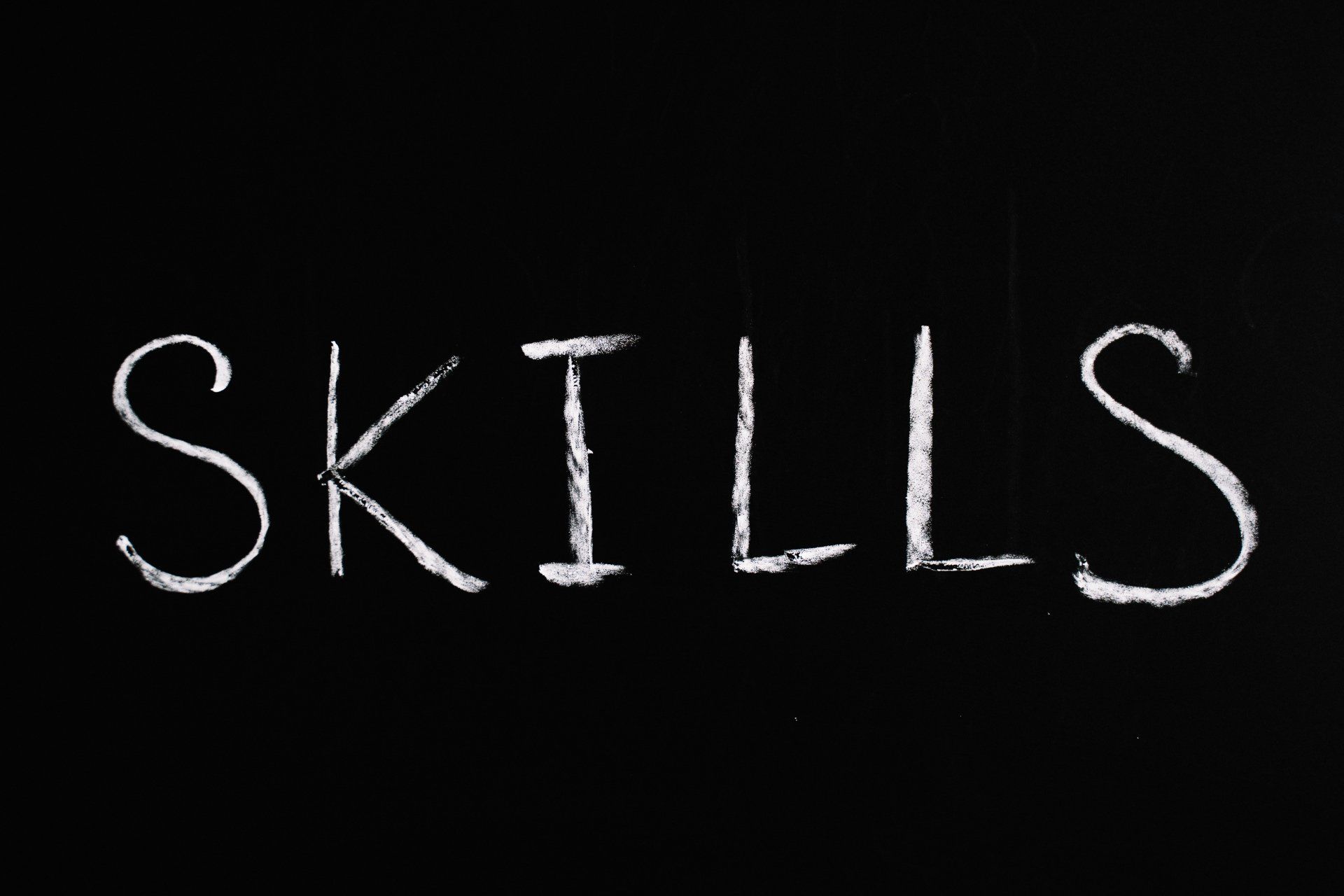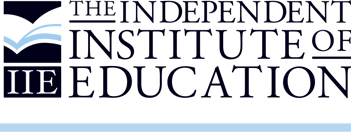LAYING THE FOUNDATIONS FOR ACADEMIC SUCCESS FROM GRADE 1
Building the foundations for future academic success must start from when a child enters Grade 1, and the focus must be on cultivating a love of learning, an education expert says.
“Parents have an important role to play in the early years, in terms of developing the framework for a child’s educational journey. One of the most important ways in which this can be done, is to help the child navigate the early years with humour and enthusiasm, to ensure the process of learning and discovery creates positive associations in the brain, rather than feelings of anxiety and despondency,” says Desiree Hugo, Academic Head: Schools Division at ADvTECH, Africa’s leading private education provider.
Hugo says that by providing playful after-school home routines right from the start, children are able to grow and thrive throughout their school career.
“While there is little to no homework in the early years, putting aside some time every day to focus on the day’s activities, by talking over what was done in school during the day and reading together, for instance, young children will start getting into a natural routine of building upon what they’ve learned. By making this a fun and enjoyable experience, and a positive family interaction, they will start to associate learning with empowerment, which will pay dividends down the line when the workload does start to grow,” she says.
In addition to setting up a daily ‘connection’ routine with positive associations right from the start, parents should also help their children build the skills which will be required from them later in their school careers, says Hugo.
These include:
HEALTHY ROUTINES
Children need a healthy diet, plenty of sleep and exercise. Unhealthy habits and routines can manifest in a child’s general disposition and academic engagement, so establishing good habits – including limiting screentime – is key.
RESILIENCE
Help your child keep a balance and put things into context. Sometimes small things going wrong can have a big impact, especially on sensitive children, so young children need to understand that just because they haven’t yet mastered something, this doesn’t mean they can’t. Help them by emphasising the word ‘yet’ – ‘I haven’t mastered this YET, but I will keep trying and then I will’.
STAYING POSITIVE
While it is normal for parents to feel a little competitive and compare their child’s progress to others, this instinct should be kept in check. Children can very quickly sense if parents feel they are not measuring up to their peers, and this can kickstart a downward spiral in terms of motivation and belief in self. The early years is a developmental stage, and a time for students to explore, discover and hone their skills. Mastering a skill may take many attempts and parents should afford their children the time and space to do so. Therefore, don’t let the child feel their school performance is the be all and end all. It’s okay to not get a perfect score on every spelling quiz, and to focus on mastery rather than performance.
LEARNING STYLES
If you see your child struggling, it is worth speaking to their teacher or a counsellor to determine whether they perhaps have a unique learning style or special needs which require additional support. There are many different approaches to learning and finding those that work for your child will work wonders on their learning journey. Additionally, it might be that the environment is not right for your child, which is why it is important to find a school that is a right fit. It is therefore vital for parents to do thorough research when choosing a school, by talking to other parents, visiting the school, finding out what their approach entails, and how they will enable your child’s success. And if your child experiences anxiety, it is essential to engage directly with the teachers and school leadership teams to consider supportive interventions – prior to moving environments.










